When I was sixteen, my dad took me along to a conference he attended in Calgary just days after the city hosted the 1988 Winter Olympics. By this time, the Eddie the Eagle and Jamaican bobsled T-shirts were all half-price, but everyone was still talking about the joke athletes that were the talk of the games. The International Olympic Committee wasn’t happy about it, though, and created what came to be known as the “Eddie the Eagle rule,” making it much harder for athletes to qualify for the Games. Since then, the number of ridiculously bad athletes competing in the Olympics has declined, but there are still dreadful performances to be found, and the Paris Games have been no exception.
I’m a junior high-school track coach, so I’ve watched every heat of every Olympic track event so far, and there have been some spectacularly bad performances. Sharon Firisua, a thirty-year-old runner from the Solomon Islands, was so bad that she gave me an opportunity to tell children as young as third grade on my team, “You are faster than someone who just competed in the Olympics.” Her time — 14.31 seconds — was so insanely slow that she could have started only for my JV girls team (third-sixth grade), but not my JV boys or varsity boys or girls teams (seventh-eighth grade.) I have one third-grade boy on my team, Victor, who is more than a second faster than her over 100 meters.
How did someone slower than a third-grader qualify for the Olympics? Firisua competed in the 5,000m event in the Rio games in 2016, and finished seventy-second in the marathon (second last, 3:05) at the Tokyo Olympics. There are conflicting reports about how she was offered a spot in the 100m race, but it appears as though she was told there was no room for her in the marathon and was offered a spot in the 100m due to a bureaucratic snafu, or as a kind of consolation, or perhaps as a “farewell gift” from her federation. Apparently, Firisua isn’t the fastest woman in the Solomon Islands. Another runner, Jovita Arunia, complained to the media that she should have been sent because she’s a real sprinter. She’s apparently so upset about the snub that she’s quitting the sport.
Firisua garnered plenty of headlines but there were other competitors in the women’s 100m who wouldn’t make the starting lineup on my teams as well, though they garnered no media attention. Temalini Manatoa, an athlete from Tuvalu, posted a 14.04. Athletes from Equatorial Guinea, Afghanistan, United Arab Emirates, Mauritania and Palau were all at thirteen seconds plus. On the men’s side, Maleselo Fufofuka of Tonga posted a 12.11, a time that wouldn’t put him in the starting line-up on my older son’s high-school team. To put these poor Olympic results in perspective, consider that the fastest junior-high 100m dash time this year is 11.53 for girls and 10.68 for boys.
According to World Athletics, the governing body of the sport, teams with no athletes who qualified for an event on merit — I’m looking at you Tonga and Tuvalu — can enter one athlete in the 100m, 800m on in the marathon, depending on circumstances. These are called “universality places” and are designed to “increase the diversity and gender balance of participating nations across the sports program of the Olympic Games.” In other words: a kind of athletic DEI.
In the women’s 50m freestyle swimming, the IOC organized a similar heat, composed entirely of swimmers from Africa. The winner, Vanessa Bobimbo of the Republic of Congo, clocked in at 33.01 seconds. Last place went to the Democratic Republic of Congo’s Divine Miansadi, who took 44.10 seconds to swim a single lap. For perspective, the gold medalist’s time for the event was 23.71. In winning the 1,500m race, which is thirty laps, Katie Ledecky’s average lap time was thirty-one seconds.
On the men’s side, American legend Caeleb Dressel came in sixth place in the 50m race with a time of 21.61.But swimmers from East Timor, Nigeria and the Central African Republic took thirty seconds-plus. In the 100m butterfly, Eswatini’s Hayley Hoy was twelve seconds off the winning time and five seconds slower than anyone else in the competition. Jordan’s Karin Belbeisi’s 4:37 time in the 400m freestyle was thirty-five seconds off of Katie Ledecky’s pace. Meanwhile, Hadji Hassane of Comoros was twenty seconds off the winning pace in the 100m freestyle. Theo Druenne of Montenegro was forty-four seconds off the winning pace in the 800m freestyle, while Cuba’s Rodolfo Falcon was 1m20s slower than the winner and a full thirty-six seconds slower than any other swimmer in the 1,500-meter freestyle.
Normally I’m opposed to DEI initiatives, but the Olympics is another story. The embarrassingly slow sprinter from the Solomon Islands apparently wasn’t the fastest runner from her nation, so she shouldn’t have been there. But if someone is the best in their country at a sport, even if that sport is barely played in their country, I’m OK with them being allowed to compete at the Olympic Games.
I like seeing female sprinters from Afghanistan, fencers from Eswatini, table tennis players from San Marino and the like. Of course, if entry to the Olympics was strictly merit-based, America could send many more athletes to the Games, but it would be boring to see just a handful of highly athletic countries participating. There are many countries that lack training facilities for some sports, so it shouldn’t be surprising that the fastest swimmers from DR Congo, East Timor and the like are slow.
The UN recognizes 193 countries and there are athletes from 184 countries at this year’s Olympics. I love the fact that someone who is a plumber from Montenegro or a nurse from Togo can rub shoulders with LeBron James and Simone Biles at the Olympics. I’ve interviewed Eddie the Eagle and also Vinko Bogataj of ABC’s Wide World of Sports — Agony of Defeat fame and there’s a good reason why both are remembered fondly. Everyone loves a winner, but losers are easy to identify with, particularly in an era of spoiled, multi-millionaire athletes. Athletes are representatives of their countries — good or bad — and seeing competitors from obscure countries can inspire us to Google places we’d otherwise never think about. I’m all for keeping the Olympics as international as possible, even if some of the competitors are as amateurish as can be.



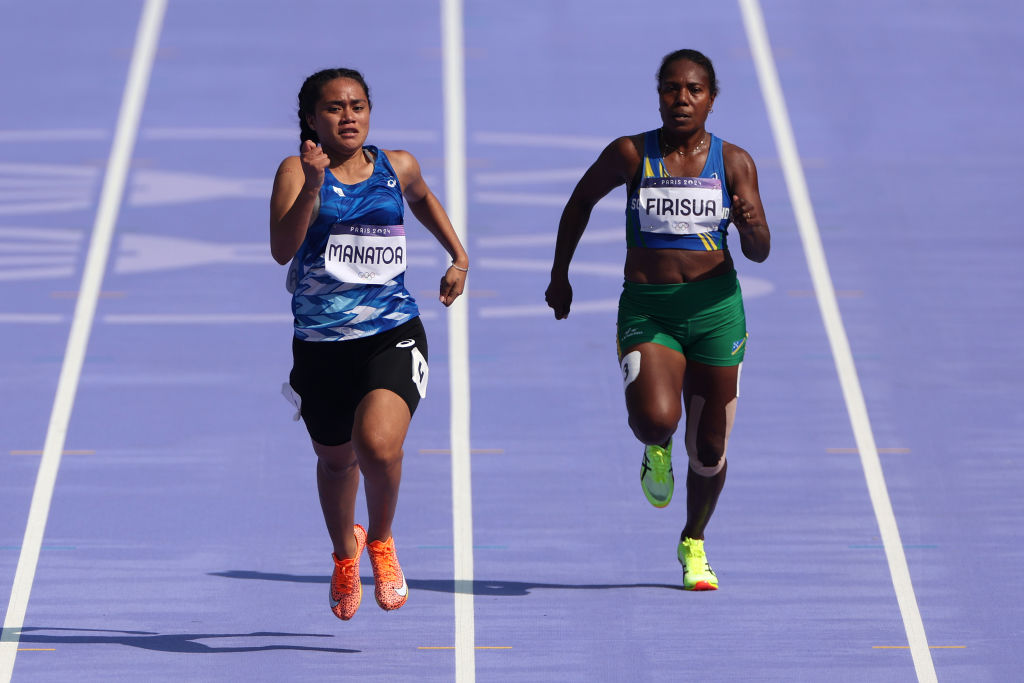







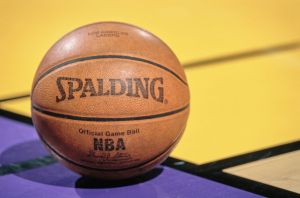

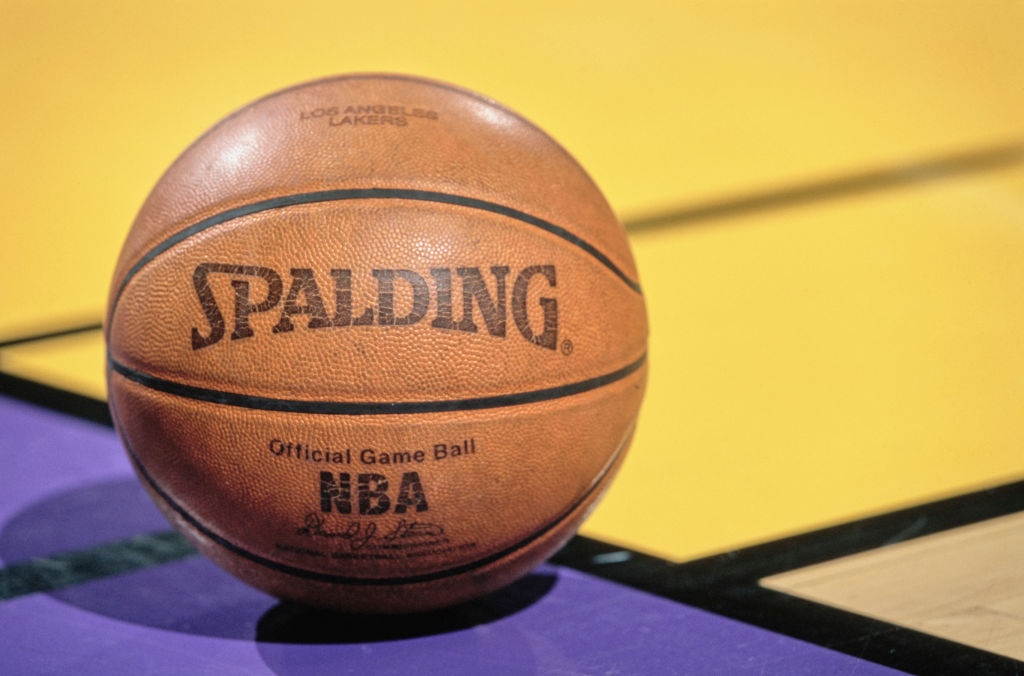
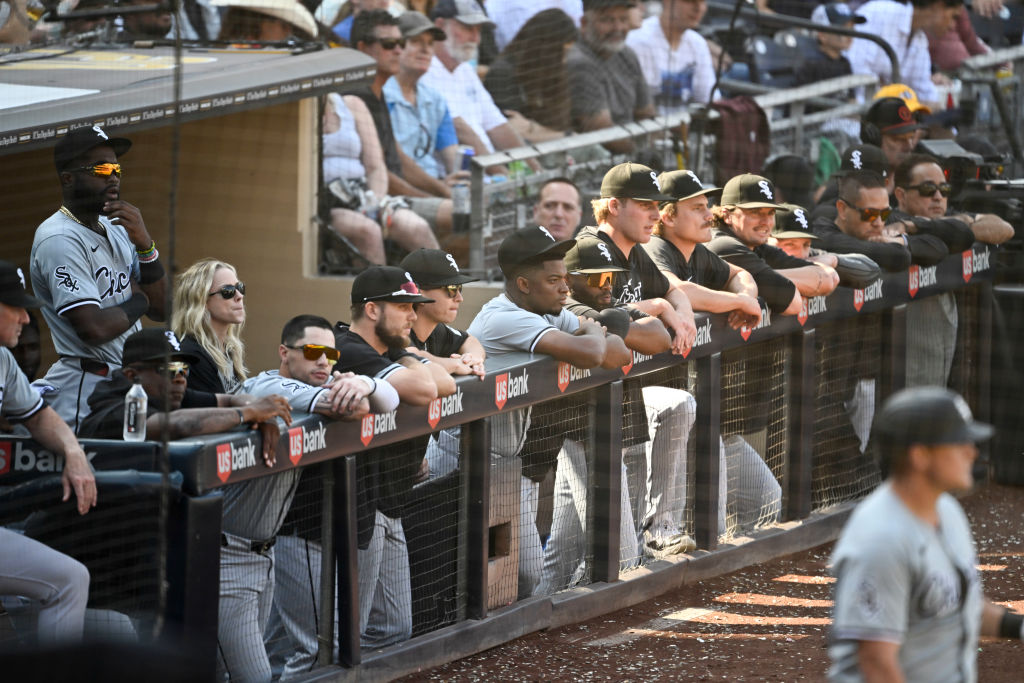
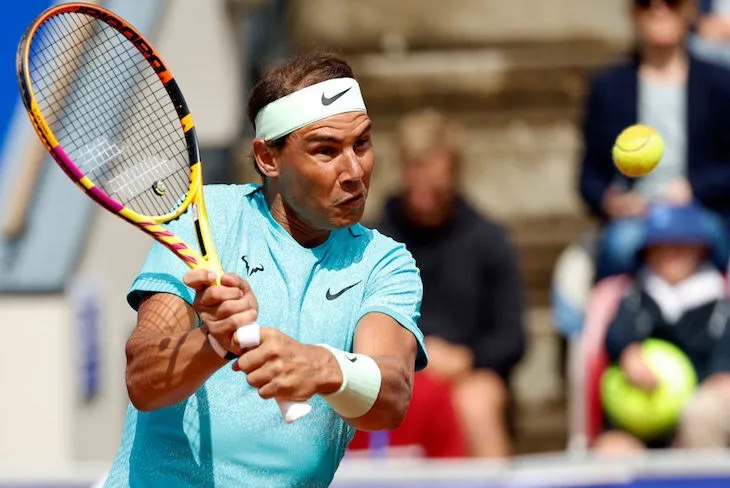
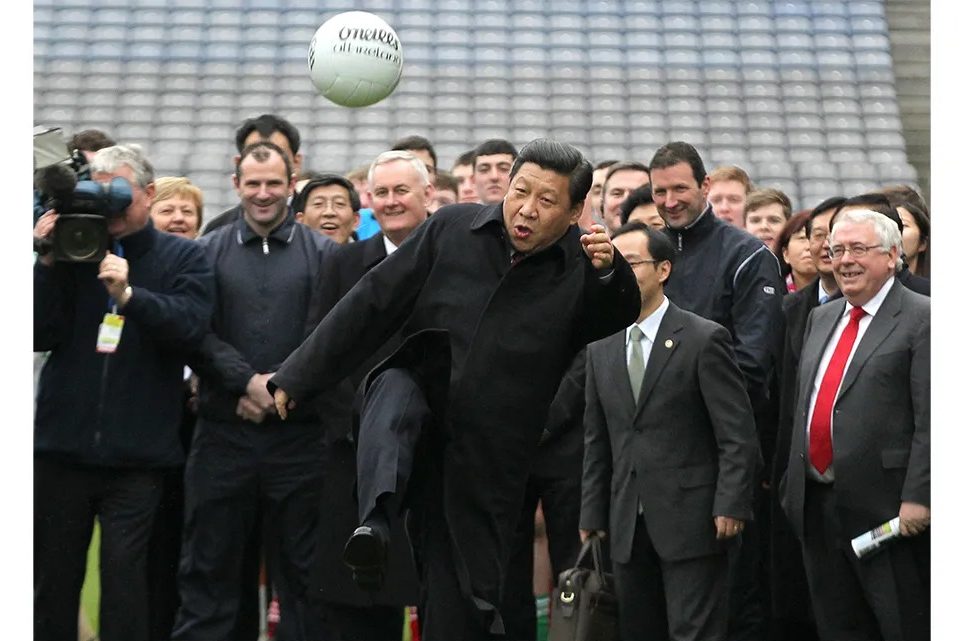
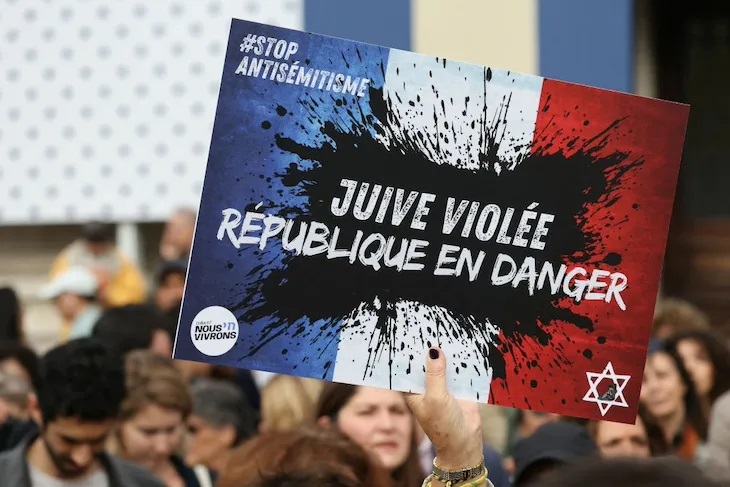
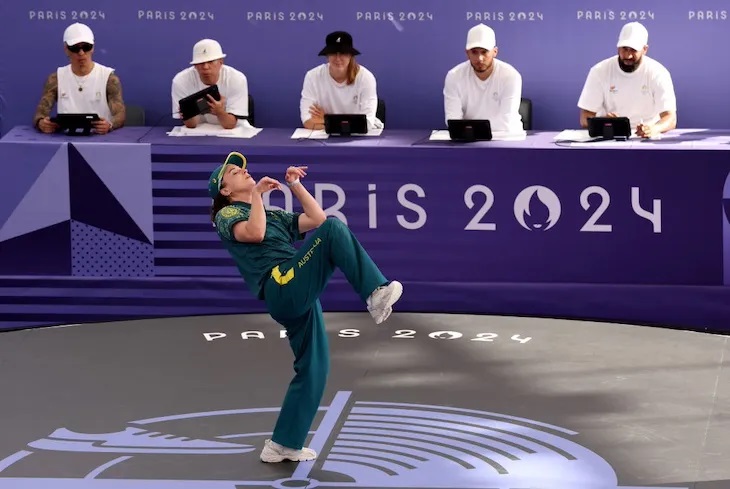







Leave a Reply